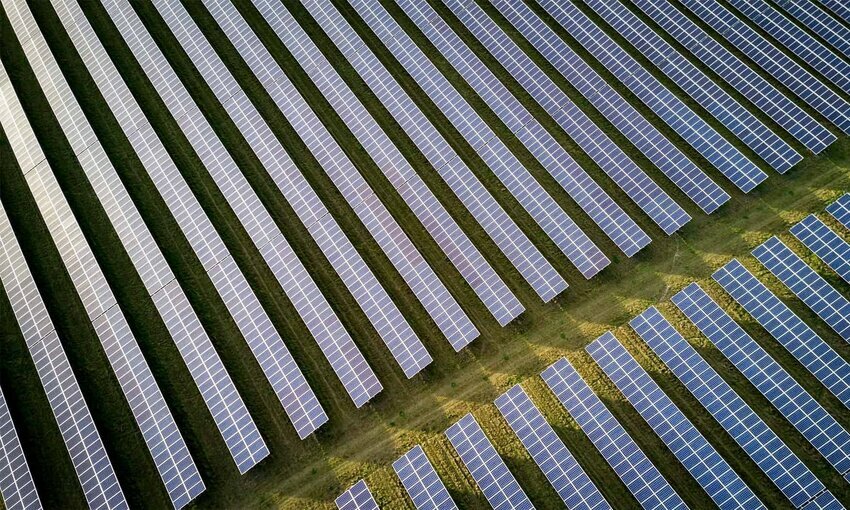 (Credit: Heliene)
(Credit: Heliene)Nexamp has ordered 1.5 GW of solar modules to be produced at Heliene’s Minnesota facility, forming a partnership that the companies said marks the largest-ever community solar purchase in the United States.
Community solar includes solar projects that reach multiple customers, such as businesses and individual households. The production of solar modules included in the new partnership will support around 400 new community solar projects across the country within the next five years. Not only will this help expand renewable energy in the U.S. grid, but it will also allow more than a quarter of a million U.S. households to benefit from clean energy.
In order to scale up solar module production, Heliene expanded its facility in November of 2022 and plans to expand further in September of 2023. Both companies also emphasized the role of the Inflation Reduction Act in providing tax credits and incentives that made this new development possible.
“Nexamp is proud to partner with a North American solar manufacturer to help foster a more resilient supply chain, create green jobs throughout the Midwest, and accelerate the transition to a more just, secure, and resilient energy future,” said Zaid Ashai, chairman and CEO of Nexamp. “A solar order of this size is without precedent and comes at a critical time as the U.S. continues to develop its solar supply chain. This partnership wouldn’t be possible without the Inflation Reduction Act, and is proof that this historic piece of legislation is continuing to encourage renewable energy production and help drive the energy transition.”
Heliene and Nexcamp’s partnership follows another massive clean energy project announcement, also located in the state of Minnesota.
A coalition including Greater MSP Partnership, Bank of America, Delta, Ecolab, and Xcel Energy is to establish the first large-scale sustainable aviation fuel (SAF) Hub in the U.S at the Minneapolis-Saint Paul Airport. The project aims to work toward widespread distribution of SAF, meeting the growing demand for decarbonizing the aviation industry.
The U.S. solar industry has seen more growth and widespread adoption in recent years, but domestic supply chain issues remain a reported barrier to the industry’s continued rise. This new community solar effort shows investment in ramping up clean energy developments to the scale required to help resolve supply chain obstacles and achieve U.S. sustainability goals.